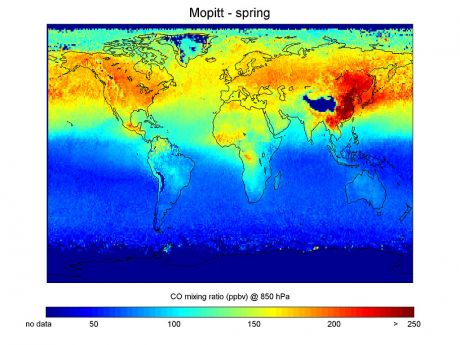Climate change and global warming have become pivotal issues for the sustainability of our planet, our well-being and even our existence in threatened parts of the world. High-tech maps with powerful visualisation capabilities are required to support decision making in relation to complex climate issues. With this in mind, the EU-funded project
EMAPS (Electronic maps to assist public science) worked to develop an online atlas for climate experts.
Targeting non-governmental organisations, consulting companies, negotiators, decision makers, journalists and concerned citizens, the set of 33 maps employs controversy mapping to focus on relevant hot topics and facilitate discussion. The mapping research technique equips users with tools to explore disagreements and spur discussion forums. These include 'sprints' or hybrid forums that gather 30-40 people with different backgrounds to tackle a specific socioeconomic challenge over one week.
In order to create the maps, the project team analysed the United Nations Framework Convention on Climate Change (UNFCCC) and Earth Negotiations Bulletin. It looked at the geopolitics of adaptation expenditure, particularly the distribution of aid from donor countries to recipient countries, in addition to examining vulnerability indices. Using a variety of digital methods and social media, the project team mapped effects on people, animals, water and food.
Ultimately, the atlas encourages communication among scientists and involves relevant publics to spur debate. In this context, two case studies were conducted on the ageing population debate and on climate change adaptation to ensure that the mapping tool works seamlessly. Over 30 data sets were collected by the project team on key issues, providing valuable insight on social research and on the topics in question.
The
climaps.eu platform boasts 33 visualisations out of the 120 that the project has completed, encouraging public engagement and raising awareness on hot topics that beleaguer our planet. This important achievement is bound to work in favour of solving some of the direst challenges that we have ever faced.

